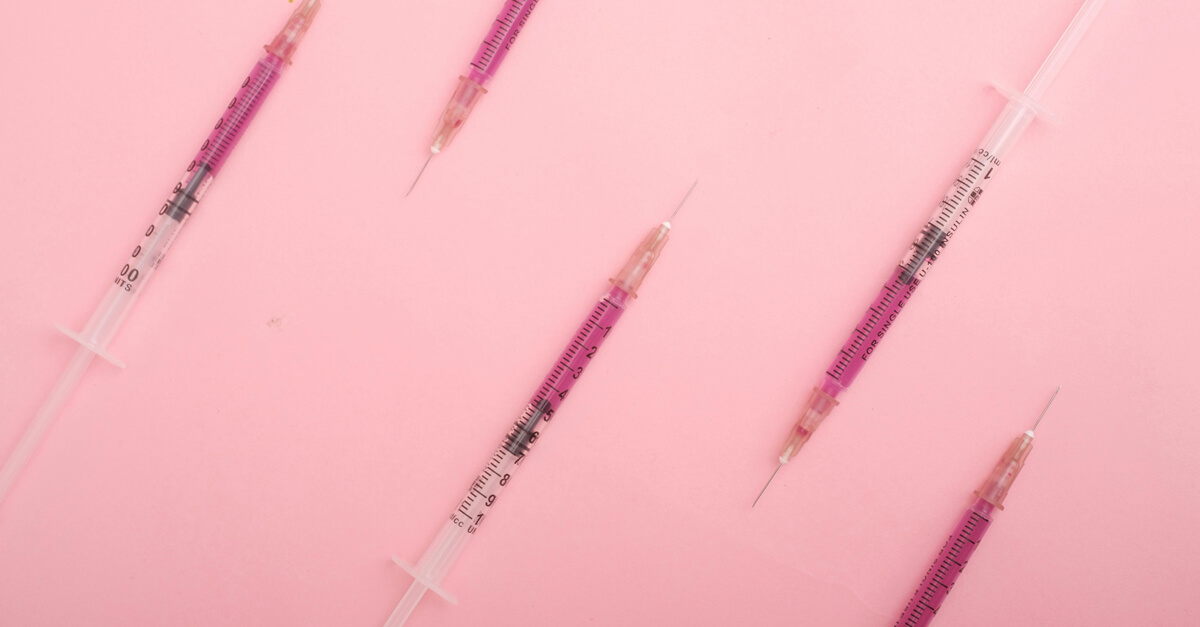Sterility Testing of Cell and Gene Therapies
As the pharmaceutical industry continually evolves, so do the products they produce. Viral vectors, cellular therapies, and viral vaccines are becoming increasingly predominant as they are a more naturally sourced treatment of illness and disease.
These types of treatments can present challenges to pharmaceutical developers because of their unique make-up. Because of this, outsourcing materials and products for testing at third-party laboratories can also be difficult due to tight timelines and the variety of testing requirements needed to ensure their product is safe for patients.

Many viral vectors, cellular therapies, and viral vaccines are personalized for each patient, sometimes originating from a patient’s body, reinforcing the need for product quality and integrity. The individuality of these products leads to minor differences in products targeting the same or similar health conditions. These products are integral, requiring short testing timelines and turnaround, as they may be needed to dose critically ill patients. Meeting this turnaround time can be difficult with the current compendial sterility method, as it is not conducive to tight timelines and quick turnarounds. Gathering the proper information and effective planning throughout the client experience is key to ensuring these products' successful release and administration.
Sterility testing is a required test prior to administration of these type of products, to ensure that the product is free of viable microorganisms. Proving the product is sterile is especially critical when dealing with immunocompromised patients.
Now, when choosing a third-party laboratory, there are many key factors to consider to help you establish a sterility testing strategy. An experienced laboratory will assist with determining the most appropriate testing methodology for your product. They will ensure the process flows from establishing method suitability through the release of the product. Selecting a laboratory with the appropriate capacity, professionally trained staff, redundancy, technology, and quality assurance is invaluable.
If you want to learn more about things to consider when outsourcing sterility testing to a third-party laboratory, attend my presentation titled “Sterility Testing of Cell and Gene Therapies” at the 2024 PDA Annual Meeting in Long Beach, California, on March 26, 2024. This presentation will be followed by other great informative presentations such as Sergio Diaz’s (Emerson) “Digitizing Process Specifications to Expediate Tech Transfers,” Ted Teitelman’s (Oxford Lasers, Inc) “Trends Driving Container Closure Integrity Testing and Positive Controls,” Prasanna Sistla’s (VM Sciences) “Analysis of a Robotic Airborne Disinfection System Utilizing Hydrogen Peroxide for Disinfecting Clean Rooms,” and Matthew McGann’s (ImageProVision) "Improved Identification of Pharmaceutical Ingredients and Contaminants Using Artificial Intelligence and Machine Learning.” Remember to come for the science and stay for the community.



